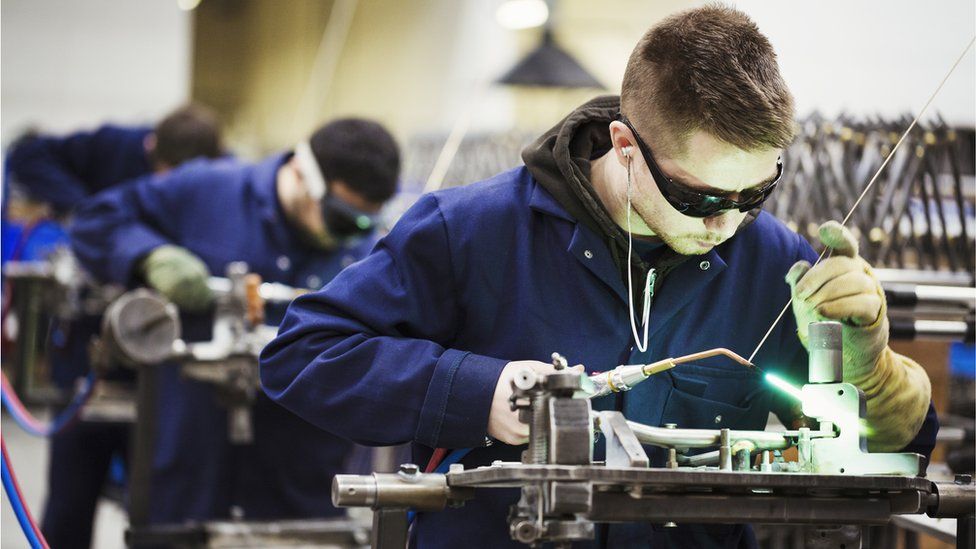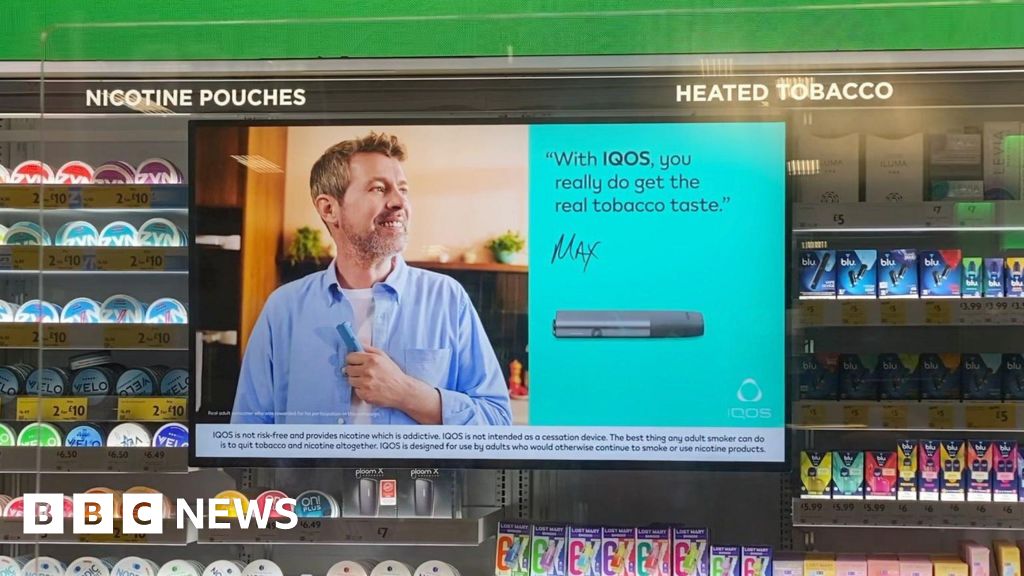ARTICLE AD BOX
 Image source, Getty Images
Image source, Getty Images
By Simon Jack
Business editor
Confidence among finance chiefs at the UK's biggest companies has seen its sharpest rise since 2020.
The Deloitte survey of chief financial officers showed sentiment rebounded as their concerns about energy prices and Brexit problems eased.
There were 25% more CFOs feeling better about the future than worse, compared to 17% more feeling the opposite three months ago.
Not since the Covid vaccine rollout has there been such a swing in confidence.
Ian Stewart, chief economist at Deloitte, attributed the bounce back to improvements on several fronts at once.
"Since the beginning of the year, energy prices have fallen, inflation looks to have peaked, relations with the EU have improved since the Windsor framework and there has been a period of comparative political calm after the turmoil of last year."
The survey was conducted from 21 March to 3 April, which was in the aftermath of the collapse of Silicon Valley Bank in the US and the forced merger of Credit Suisse with UBS.
Yet despite concerns these events raised about the health of the banking sector, the CFOs reported only modest changes to the cost and availability of credit.
The UK CFOs surveyed are predominantly from big companies, often part of global operations, and Mr Stewart conceded there was often a disconnect between their experience and smaller companies which have seen a sharp rise in insolvencies.
"In many ways it mirrors what we are seeing at household level. The difference between the haves and the have nots is widening."
Despite the change in mood, CFOs are still feeling risk averse with many saying their priorities were cutting costs and building up cash reserves. That will be a disappointment to the government who is keen for businesses to invest now to spur future economic growth.
One exception to that is investment in artificial intelligence. Deloitte found that an overwhelming majority of CFOs expect to see significant growth in spending on AI over the next five years but were divided on whether that would lead to an increase or decrease in the number of employees.
The UK economy has been struggling recently due to high gas prices, rising interest rates and a sluggish trade performance. Business investment has also been weak.
Last week, the International Monetary Fund said Britain would be one of the worst performing major economies in the world this year, shrinking by 0.3%.
However, this prediction is slightly better than its previous expectation of a 0.6% contraction, made in January. And a separate forecast published by the EY Item Club on Monday finds the UK is now expected to grow by 0.2% this year - up from a previously forecast contraction of 0.7%.
Hywel Ball, EY's UK chair, said the economy "seems to be turning a corner, albeit very slowly" but added that the challenges "haven't gone away overnight".
"Inflation is still in double-digits and energy prices remain historically high... However, perceptions matter and the fact the economy has been able to outperform expectations could help stir a revival in business and consumer confidence."

 2 years ago
42
2 years ago
42








 English (US) ·
English (US) ·